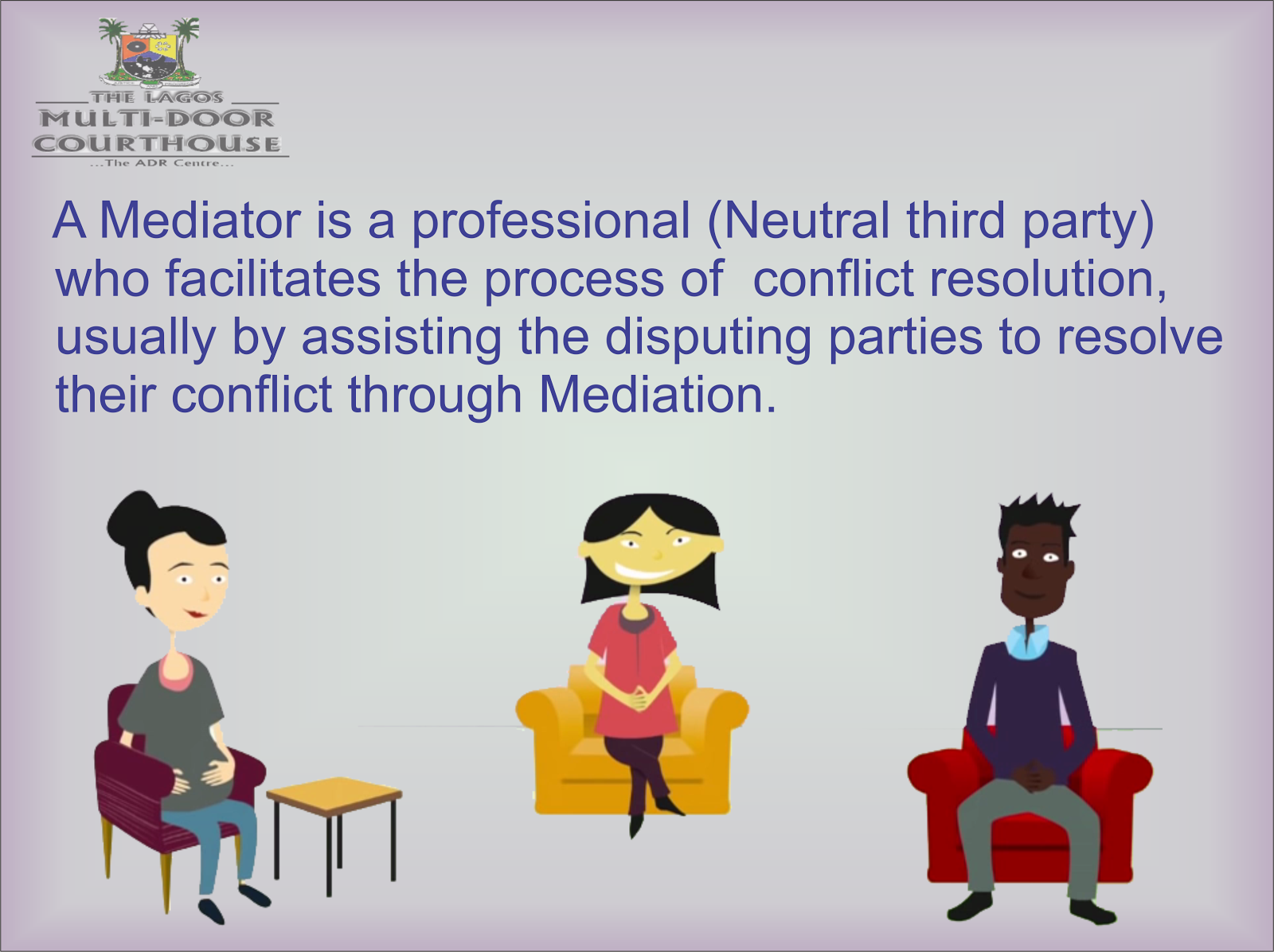We will examine the effects of rural-urban migration by studying areas in Brazil which is an economically developing country. it should be evident that movement into the cities can have many negative consequences. Large scale in-migration results in housing shortages, a lack of medical facilities, insufficient jobs, an increase in crime and pollution.
| Graph showing rural to urban migration in Brazil |
|
|
|
It is evident from the above graph that there has been a rapid movement of people from the countryside to the cities..
The people move to cities such as Rio de Janeiro and Sao Paulo for the following reasons:
- these cities have big modern buildings
- the schooling is poor in their home towns
- their home towns are subject to drought and poor soils make it difficult to grow enough food
- the north east of Brazil has very high birth rates; the average family size is eight people
- there are too many people, few town jobs
Rural-urban migration also has negative effects on the countryside. It is normally the
young adults that leave which means there will be a fall in the birth rate. The elderly
remain behind and contribute less to the economy. There is less disposable income in the rural area shops may close down, roads deteriorate and houses may be abandoned. The countryside begins to stagnate.
| Illustration of the effect of rural-urban migration |
|
|
|
Do you think there are any positive consequences of rural-urban migration?
Yes, there are, but they tend to be limited. In some of the less developed countries such as Peru, the migration has reduced the pressure of the population on land and water resources. Migrants may return and bring back new skills. The positive consequences are far less than the negative factors.
The effects can be summed up as follows:
For urban regions
Migrants provide industry with a young and inexpensive workforce.
However, large scale in-migration results in housing shortages, lack of employment, increase in crime and a lack of services. It can be said that urban migration simply means swopping rural poverty for urban poverty.
For rural regions
There will be a fall in the birth rate and a decline in food production.
| 
0 comments :
Post a Comment